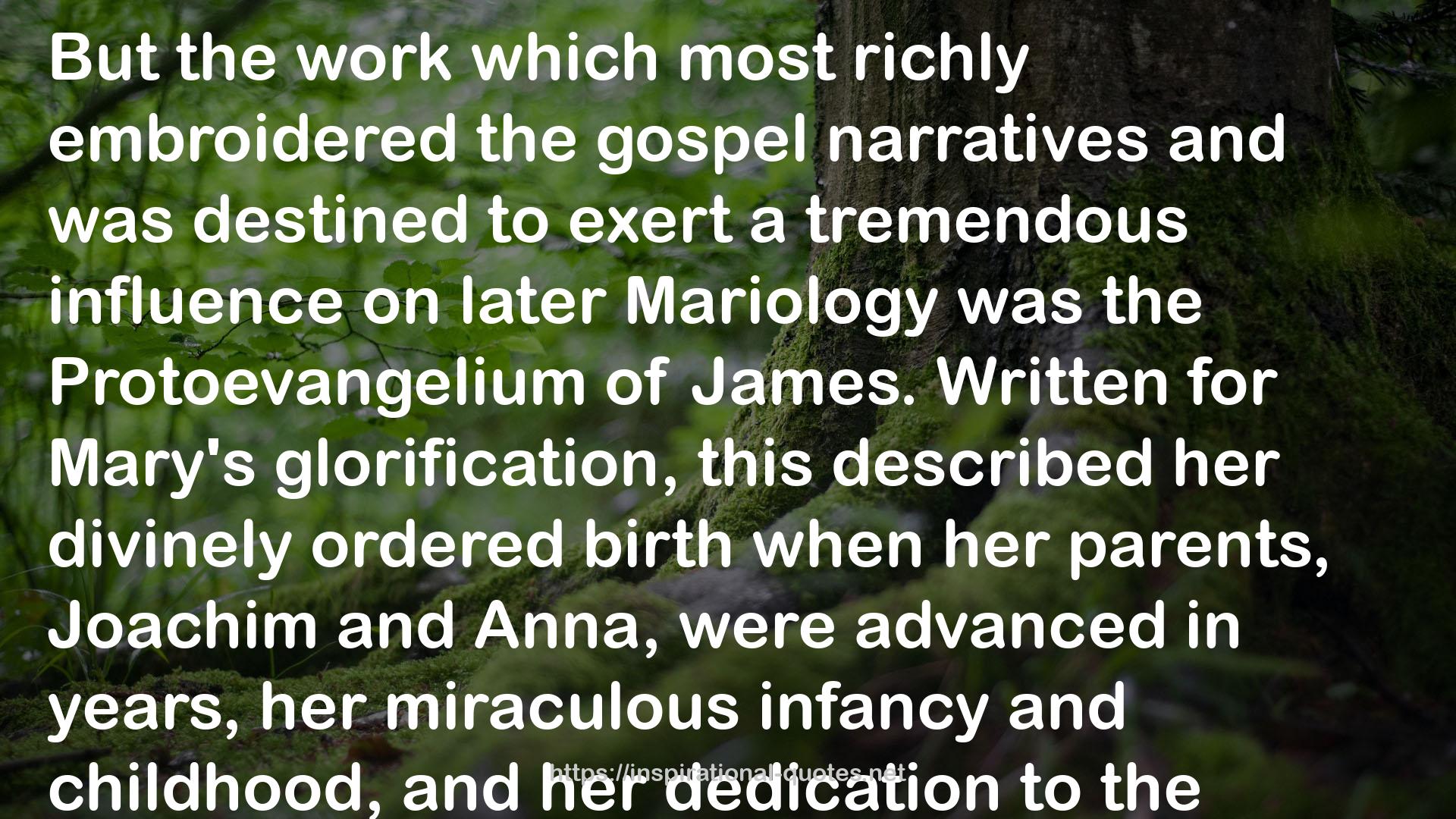Early Christian Doctrines QUOTES
SOME WORKS
- Trusting God When Bad Things Happen
- 21 Stories of Gratitude: The Power of Living Life With a Grateful Heart
- Holy Living and Dying: With Prayers Containing the Whole Duty of a Christian
- Jeremy Taylor: Selected Works
- The Whole Works of the Right REV. Jeremy Taylor, Volume 1
- The Idea of History
- An Autobiography
- The New Leviathan

